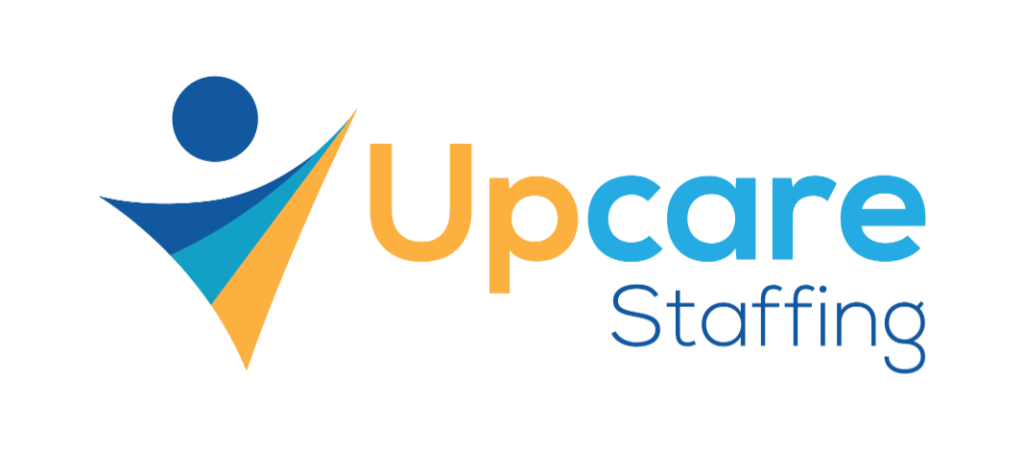Jackson Physician Search conducted a physician retention survey to know how COVID-19 affected the career decisions of physicians now and in the future.
The survey had 486 healthcare professionals consisting of 86 administrators and 400 active practising physicians. The research found—most physicians are keen to make crucial decisions regarding their future as they seek a more satisfying career and a healthier quality of life besides a more fulfilling career.
The survey is a cause of worry as many of the participated members are on the edge of turnover. The findings clearly indicate the increasing disconnection towards these jobs besides growing turnover.
The survey clearly found that physicians are not commodities, and it is highly difficult to find them with the increasing competitive recruiting scenario and physician shortage. The survey also found that it is better to retain a capable physician than losing as recruitment costs can rocket as high as $250,000.
Below are the highlights of the survey:
Formal retention programs are very rare: 83% of physicians said their employers have no physician retention program. 30% of administrators voted the same, which simply means 70% of administrators do not have retention programs.
2% of doctors rated their retention system at 9 or 10 (out of 10), 12% were passive promoters rating at 7 or 8, whilst 86% rated theirs at 6 or less. However, administrators were only somewhat more optimistic.
Retention begins with recruitment: It was found, about 50% of administrators begin physician retention right during the recruitment, 16% begin when the physician is on board, and a few do not even think of this up to six months later.
Numerous physicians do not have orientation: It is terrifying to begin a new job without understanding the work basics—particularly in the healthcare industry amongst all the industries. However, Jackson discovered that just 29% of physicians got personal orientation, 39% got general orientation, and the rest had no orientation at all.
Administrators and physicians agreed on benefits: Money speaks a lot in all professionals. Payment ranks first in the industry, importantly when student loans are present. Followed by this, work-life balance comes— decreased call and time off and—however, 40% of physicians told their organizations do not give this.
Physicians are detached: 69% said they are actively disengaged, 21% are passively engaged, and a mere 10% actively engaged. Again here, administrators were more positive.
Administrators confirm more two-way communication: These two groups have different scenarios here. 81% of administrators have meetings with key leaders and senior managers but, only 40% of physicians have this.
Business and leadership training way par below: 75% of physicians said there is nothing, and 67% of administrators approved this.
Telling physicians “Well done!”: Only 23% of physicians recognized their organizations have formal recognition programs. But 43% of administrators recognized one existed, indicating a relatively high disconnect.
Physicians want to prevent burnout: 28% said there were no such programs, and 8% of administrators approved. Nevertheless, 60% of administrators mentioned mental health and wellness programs, whilst a third of physicians tell they have one.
COVID-19 injures physician retention: This is a significant finding — the epidemic has altered employment plans. Due to this, 54% of physicians wish to change over employers, with 36% retiring or leaving the field altogether.
So, these are the highlights of the analysis. If you are into the healthcare industry, check if you can help to resolve physicians’ concerns besides administrators in this field.
Tags: healthcare industry survey, healthcare industry updates, survey on physicians, effect of covid-19 on physicians
